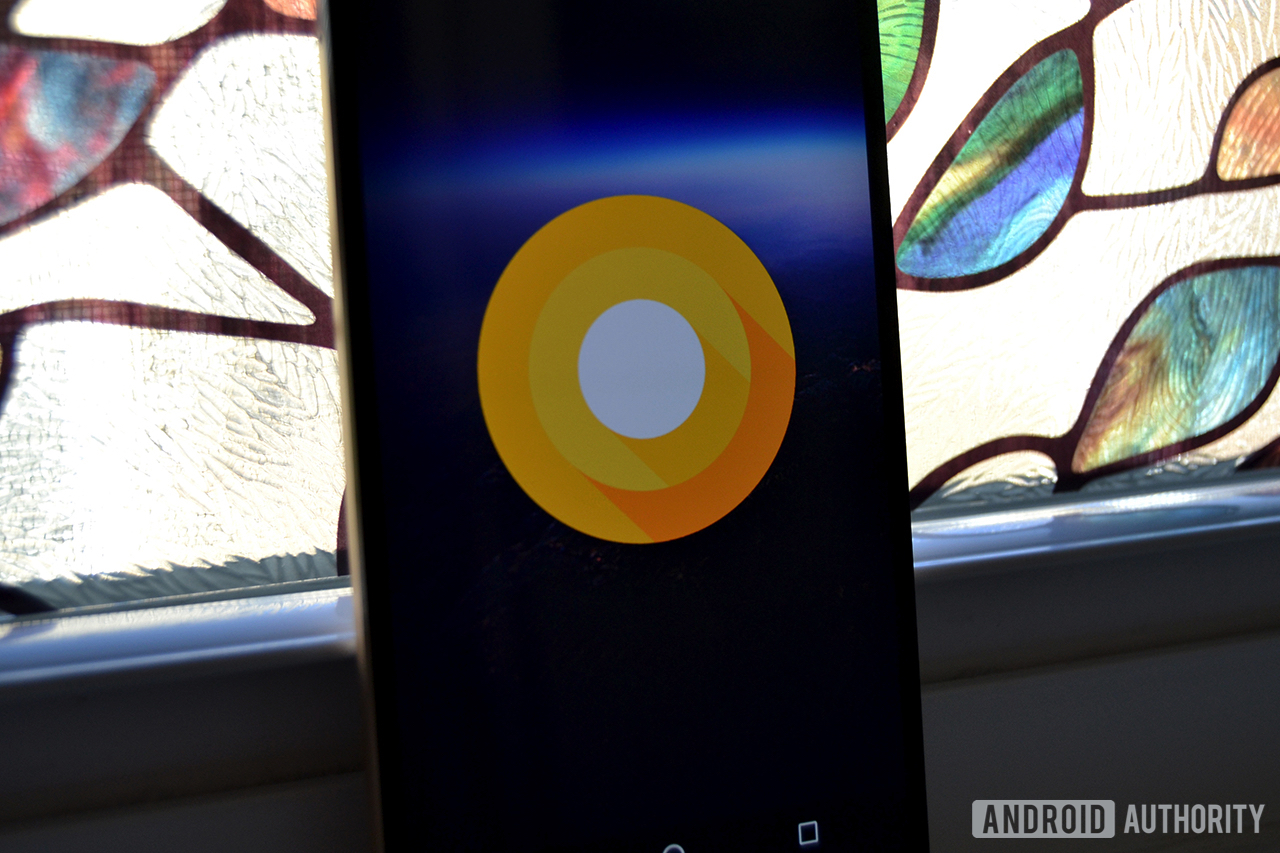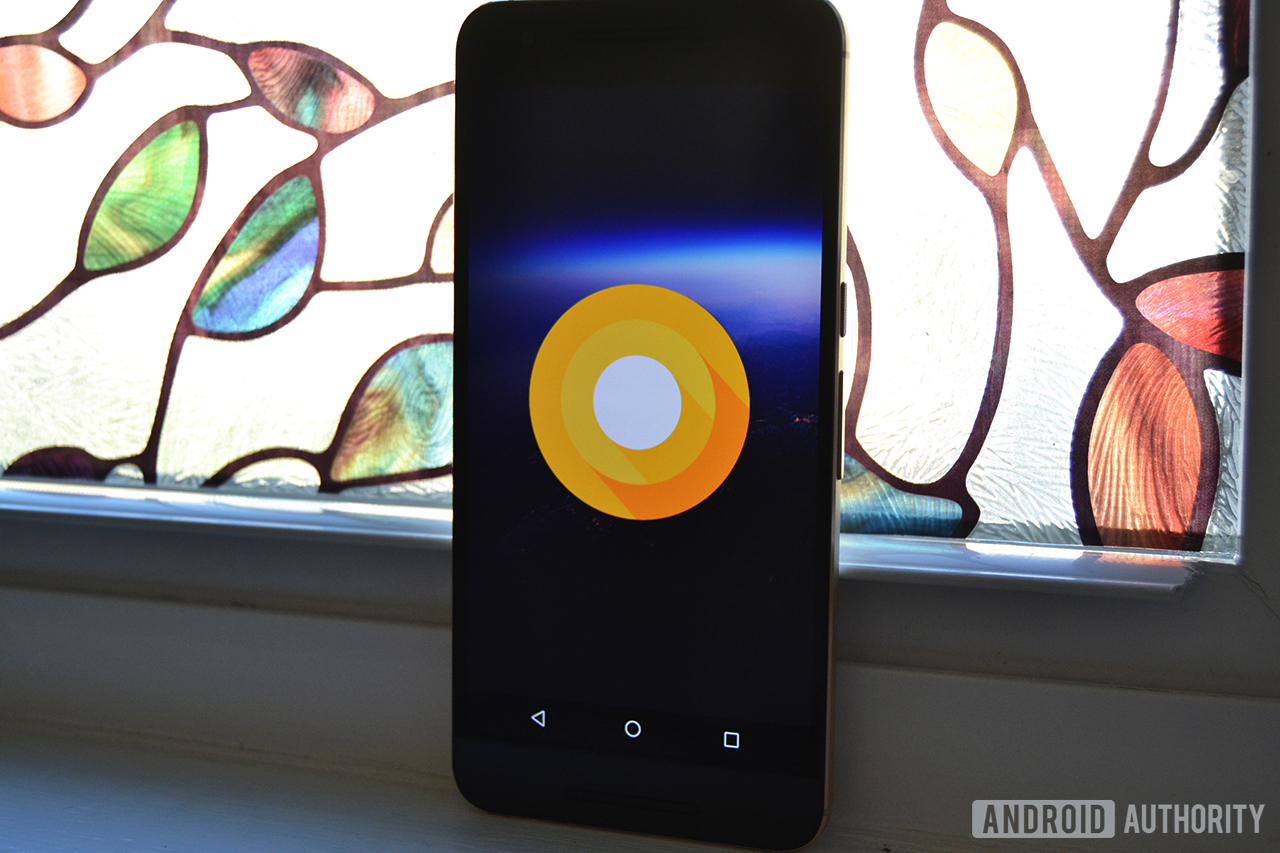Affiliate links on Android Authority may earn us a commission. Learn more.
Android O's Project Treble could lead to faster OS updates for smartphones

Some Android smartphones, even ones that are consider flagship devices, can be slow in receiving big OS updates. Today, Google announced an effort designed to speed up that device update process called Project Treble. It will be a part of the upcoming Android O operating system and in fact is already included in the current developer preview.

Google states that in current and previous versions of Android, any updates for the OS are first sent to silicon companies like Qualcomm, MediaTek and others, who make changes to the OS so it can work on their hardware. Then that version is sent to device makers like Samsung, LG, HTC and others, who make their own changes for their specific products. If a device is tied to a carrier, such as AT&T or Verizon, the OS update must then make their way to those companies for final changes and testing. This is why Android updates from Google can sometimes take months, or longer, to reach your smartphone.
Google says having such an interface will give device makers direct access to the hardware-specific parts of Android O.
With the launch of Android O, Google wanted to cut that update time with Project Treble. It has done this with the creation of a new vendor interface that will be between the Android OS framework and the vendor implementation. What does this mean? Google says having such an interface will give device makers direct access to the hardware-specific parts of Android O. In theory, this should allow those companies to update their Android smartphones and tablets directly, without the need to go through their silicon partners first.
In addition to Project Treble, Google is also working with its Android device hardware partners to directly implement any of their code changes into the common Android Open Source Project (AOSP) codebase. This means that when a new version of Android O is released, those code changes won’t need to be patched by those companies.
All of this sounds extremely promising, especially if you buy a phone and then have to wait a long time for promised OS updates. Hopefully, these new moves by Google will speed up this process for Android O device owners. We will learn a lot more about Android O next week as part of the 2017 Google I/O developer conference.